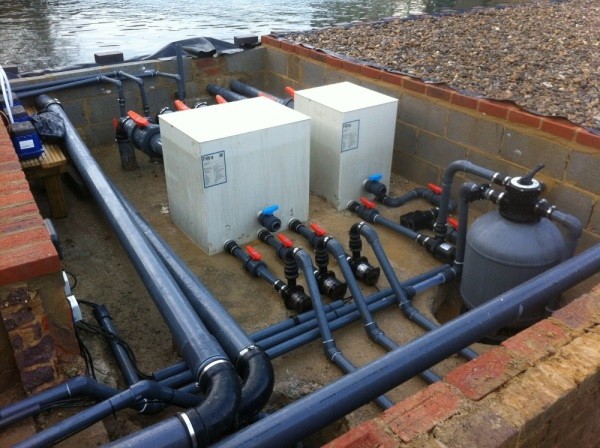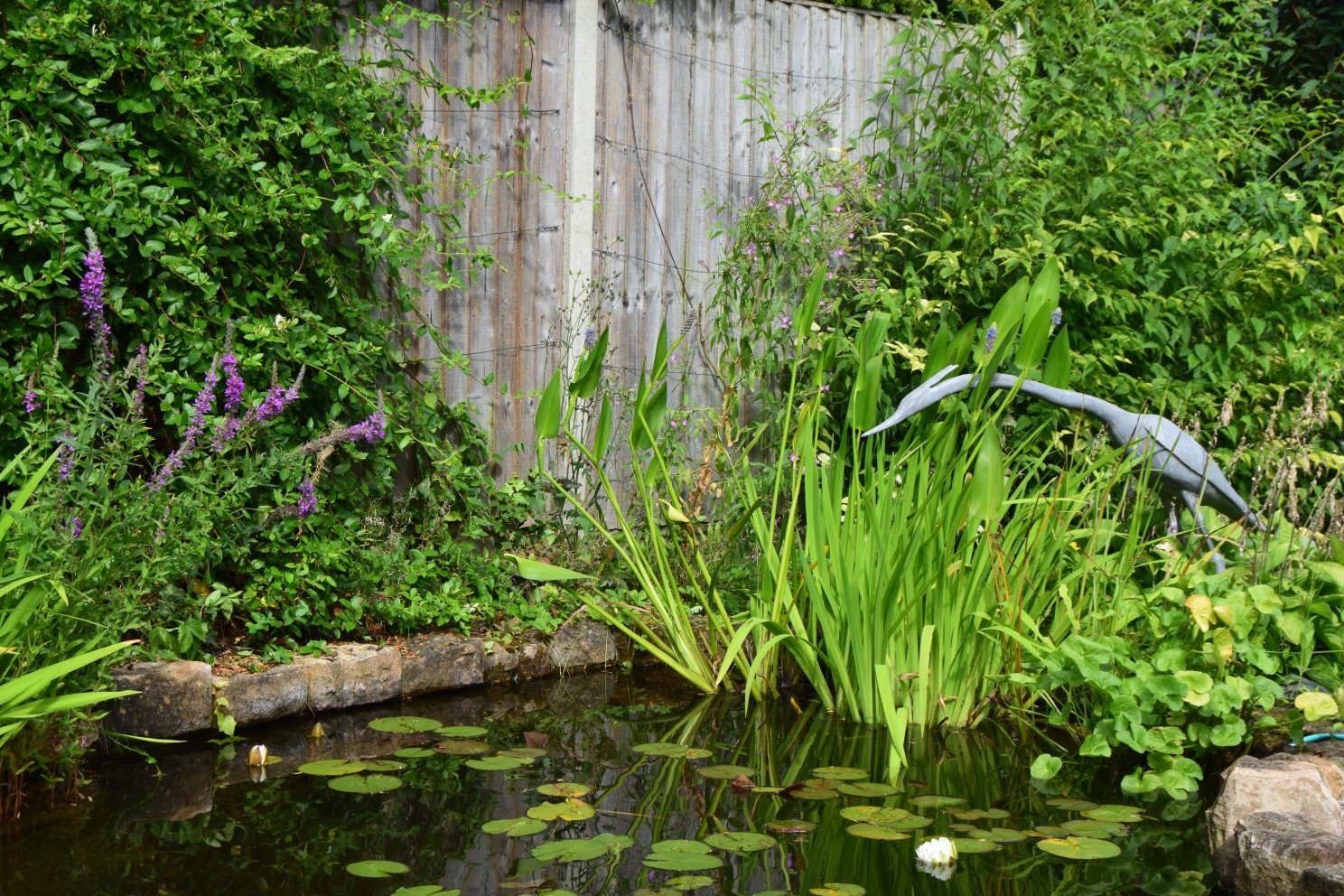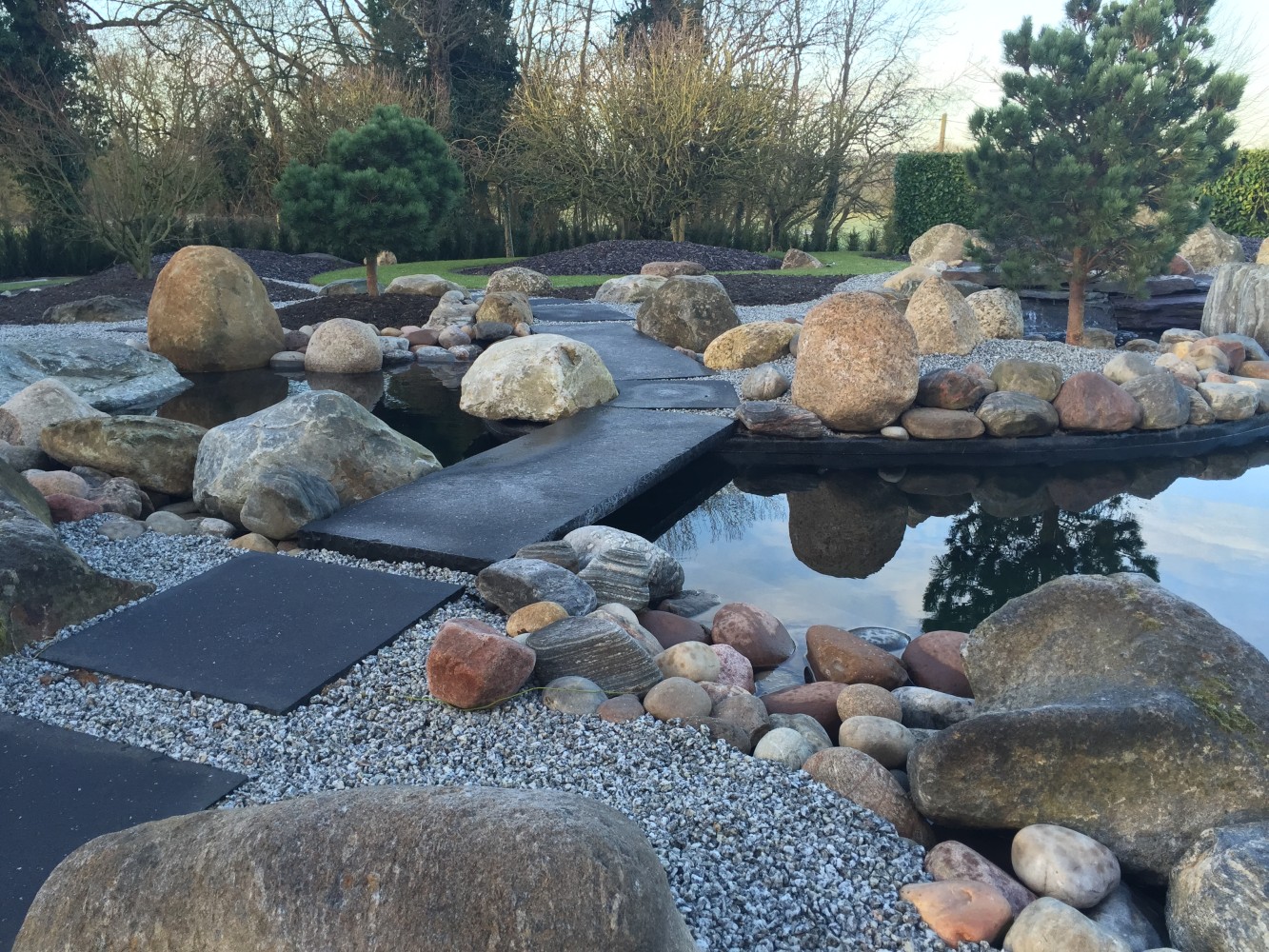If you’ve worked in pond construction or maintenance for any length of time, you’ve probably heard it before: “We’d love a showpiece koi pond, but we only want to spend a few hundred pounds.” Unrealistic budgets are one of the most common frustrations for pond professionals in the UK.
But instead of seeing these conversations as dead ends, they can be opportunities. Here are some practical ways to deal with budget mismatches, while still keeping prospects engaged and protecting your reputation:
1. Educate Without Overwhelming
Most homeowners genuinely don’t know what goes into a pond build:
- Liner
- Pumps
- Filtration
- Electrics
- Edging
- Labour, and
- Aftercare

Break down the main cost elements in plain language. When people see where the money goes, they’re less likely to think the price is arbitrary.
2. Offer Scalable Options
If their dream pond isn’t realistic for their budget, show them a phased approach:
- Stage 1: A wildlife pond or small water feature within budget.
- Stage 2: Add waterfalls, extra pools, filtration and hard landscaping later.
- Stage 3: Upgrade to a koi-ready system in the future.
This keeps them on the journey and makes the big build feel achievable over time.
3. Use Visual Comparisons
Pictures speak louder than numbers. Show side-by-side images: a simple wildlife pond versus a full koi system. This helps clients understand why their budget matches one but not the other.


4. Be Honest, But Stay Positive
It’s important not to dismiss the customer. A simple line like: “That’s a lovely idea, with your current budget, here’s what we could achieve” keeps the conversation constructive.
5. Protect Your Business
Be wary of cutting corners just to meet an unrealistic budget. Using cheaper liners, undersized filters, or skipping electrics may get you the job. But when things fail, it’s your reputation on the line.
Final Thoughts
Unrealistic budgets will always be part of the trade. The key is turning these moments into chances to educate, inspire, and build trust. Even if they don’t commit right away, you’ve positioned yourself as the professional who guided them honestly. More often than not, they’ll return when they’re ready to invest properly.
Have you had to deal with “champagne pond dreams on a lemonade budget”? What strategies have worked best for you?


